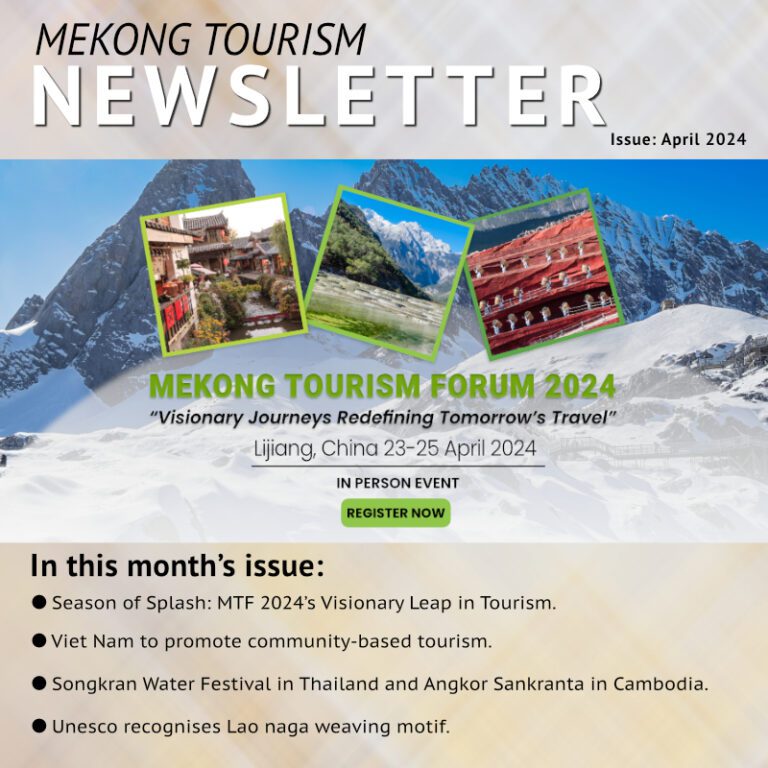Thailand’s tourism sector is expected to get a windfall from the growing tension between the US and China as tourists from the mainland shorten their long-haul journeys to visit closer destinations instead.
Thailand will monitor whether the Chinese government will issue a travel ban to the US for its residents, similar to those issued prohibiting visits to South Korea and Japan during a growing conflict with those two countries.
Yuthasak Supasorn, governor of the Tourism Authority of Thailand (TAT), said assessments conducted by five TAT offices in China found that yuan appreciation and trade conflicts with the US were the key factors which could deter Chinese from travelling abroad.
“These factors may slow decision-making for overseas trips and tourism spending,” Mr Yuthasak said.
But he said the study found that the tensions were unlikely to affect middle- to upper-class people, who normally travel overseas at least once a year.
TAT offices in Beijing, Chengdu, Shanghai, Guangzhou and Kunming promote Thailand. Some 10.5 million Chinese visited Thailand last year, and the number is predicted to reach 11.6 million this year.
Mr Yuthasak said high-income groups in China normally send their children for summer camps in the US during school breaks. As tension builds between the two global giants, that traffic may shift to other countries, he said.
As an alternative, the TAT office in Shanghai has promoted summer camp packages in Chiang Mai by forging partnerships with four local travel agencies.
Chiang Mai’s summer camp programme features three main activities: exploring real-life experiences, studying English language and cultural exchange with Thais.
Mr Yuthasak conceded that other Asian countries would also benefit from the trade war, meaning competition to lure Chinese travellers to their countries could be fierce.
Visa policies could entice visitors from the mainland, such as waivers of visa-on-arrival fees and e-visas, as well as longer-stay visas, he said.
Thailand introduced an e-visa service this year but is still struggling with the system. The kinks need to be worked out quickly to ensure a better travel experience for tourists.
Read the full article at Bangkok Post: https://www.bangkokpost.com/business/1681228/trade-spat-hands-thailand-chance-to-lure-more-chinese





